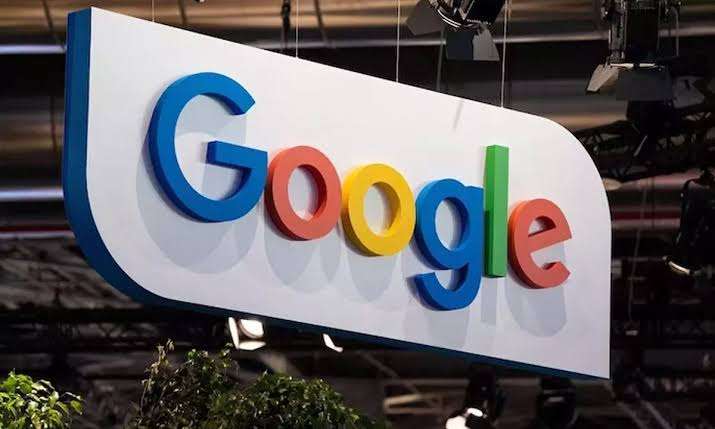Google’s experimental AI-powered search service, SGE, has been slow to integrate into the main search engine due to increased computing costs.
The Financial Times reported on April 2 that Google is reportedly contemplating the addition of paid “premium” features to its search engine that generative AI powers.
According to informed sources for the newspaper, the company is investigating the feasibility of integrating artificial intelligence (AI)-powered search functionalities into its current collection of premium subscription services.
Access to the company’s most recent AI innovations, such as the Gemini AI assistant incorporated into Gmail and Google Docs, is already a part of the suite.
Although the development of the technological infrastructure for these premium features is progressing, Google’s executive team has not yet reached a definitive resolution regarding the launch and its particulars.
Notwithstanding the suggested modifications, it is anticipated that Google’s conventional search capabilities will continue to be accessible without charge, albeit accompanied by advertisements that persist even for subscribers.
Google’s potential transition to a paid model will represent a substantial deviation from its longstanding practice of offering consumer services without charge, instead depending exclusively on advertising revenues.
As per the report, the organization is dedicated to improving its subscription offerings by developing novel premium functionalities and services rather than contemplating an ad-free search experience.
Without confirming plans, the tech giant highlighted its ongoing efforts to reinvent search in response to changing user requirements via generative AI, indicating substantial query growth in significant markets.
In 2023, Google’s search and associated advertising endeavors comprised more than half its overall revenue, amounting to $175 billion.
The company is presented with a strategic dilemma regarding adopting advanced AI innovations and how to do so without compromising its most profitable revenue stream.
Nearly a year and a half after introducing OpenAI’s ChatGPT, the company’s advertising business is confronted with the possibility of disruption from advanced AI technologies. This strategic consideration arises at this juncture.
Google initiated an experimental search service propelled by artificial intelligence in May 2023, intending to provide more comprehensive responses while retaining the inclusion of sponsored links and advertisements.
Overcoming Challenges in Google’s AI Integration
Nevertheless, the integration of functionalities derived from the “Search Generative Experience” (SGE) into the primary search engine has been a sluggish process.
Utilizing generative AI in search results necessitates a substantial increase in computing resources, thereby increasing the price at which Google offers these sophisticated functionalities.
At this time, SGE accessibility is restricted to a specific cohort of users, which includes certain Google One service subscribers.
In addition to providing inventive tools, SGE offers a range of functionalities, such as the capacity to pose more intricate inquiries, obtain topic snapshots, and conduct follow-up on results.
In October 2023, the service implemented AI image generation, offering capabilities comparable to those of Midjourney and other applications.
Irrespective of the development trajectory for Google’s AI-driven services, the organization will inevitably face competition from OpenAI’s Bing AI and OpenAI’s ChatGPT, both of which have established revenue models that combine complimentary and paid content access.












